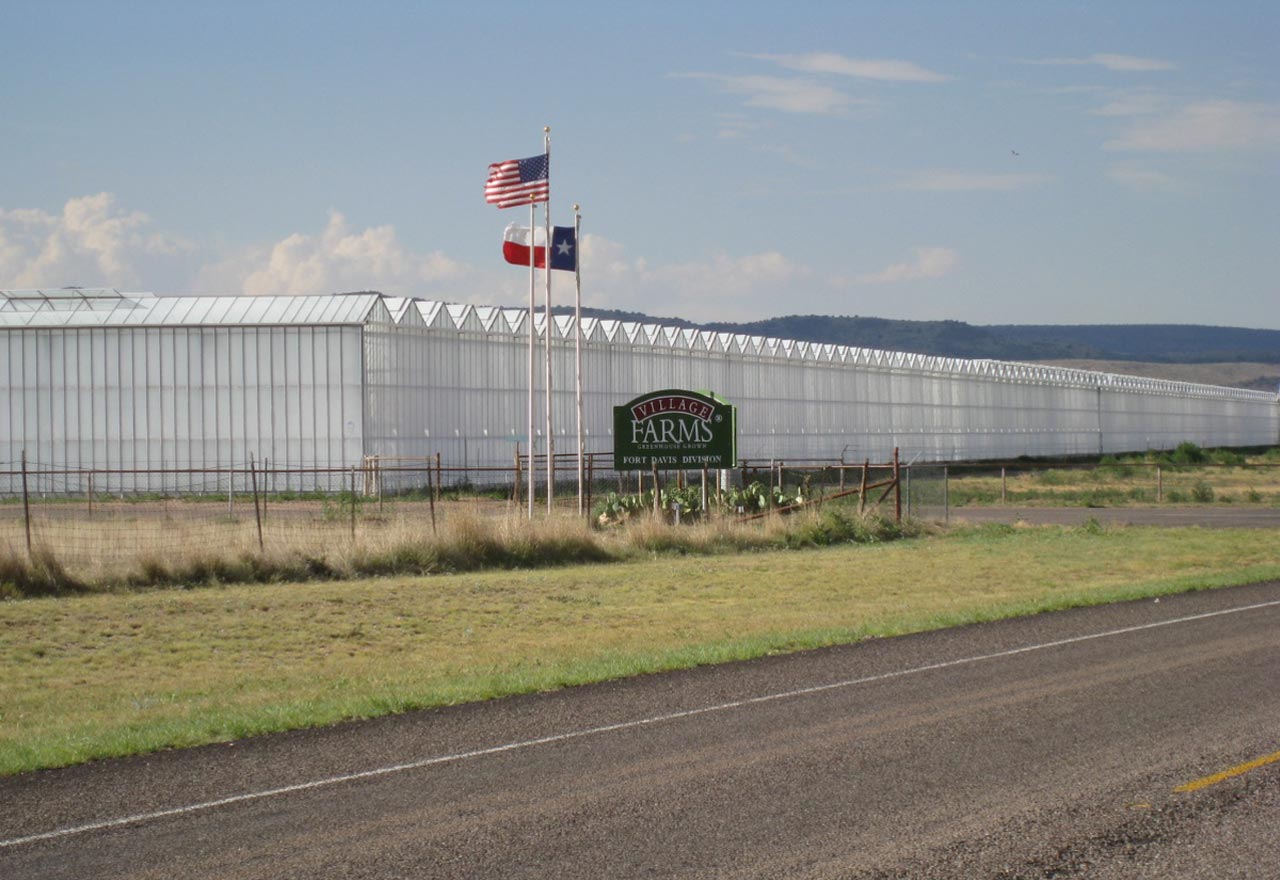Report from the Fall 2019 National Organic Standards Board Meeting
At the October meeting, National Organic Standards Board (NOSB) Chair Harriet Behar identified several troubling issues that have plagued the organic program in recent years. These issues included the languishing origin of livestock, pasture, and native ecosystems rules, and the certification of hydroponic production in 2017.
Since 2017, the National Organic Program (NOP) has offered no guidance to certifiers on hydroponic production. This has led to inconsistent application of the rules by certifiers, including some allowing pesticide use in greenhouses immediately prior to organic certification.
In response to stakeholder backlash, Deputy Administrator of the NOP Dr. Jennifer Tucker sent a memo of clarification to certifiers in June 2019. It suggested (but did not clarify) the organic regulations requiring the three-year period during which no prohibited substances can be applied on land transitioning to organic only apply to soil-based operations.
At the October meeting, NOSB member and organic farmer Emily Oakley asked Dr. Tucker for clarification that the three-year transition applies to every organic operation, without exception.
Dr. Tucker sidestepped the question, claiming that the organic regulations are clear about regulatory requirements and prohibited substances are not allowed in organic production. While she said the organic regulations apply to all operations, she did not explicitly say the three-year transition applies to all operations. Instead, she emphasizes that operators with questions need to contact their certifiers.
Cornucopia believes these calculated non-answers are an answer: there is no indication that soil-less operations are currently bound by a three-year transition period. This is in spite of the harm to the soil microbiome under greenhouses and possible chemical residues in old buildings turned to hydroponic production. These issues were foretold in many of the 10,000 public comments shared with the USDA that opposed the organic certification of hydroponic production.
While some argue that hydroponic produce “must meet the same standards as produce grown in the ground to be certified as organic,” this is not the case. Instead of being grown in soil on certified land, “organic” hydroponic operations are only affected by limited rules on what inputs, such as fertilizer, can be used on organic crops. A conventional hydroponic operation can apparently become organic by changing the fertilizer solution they run through extensive plastic lines into containers filled with peat moss, coconut coir, or other inert media.
Authentic organic farmers steward the soil, which provides ecosystem services such as carbon sequestration. In turn, healthy soil and vegetation actually require less water.
Hydroponic operations cannot provide the same ecosystem services. Instead, acres of land may be compacted and doused with herbicides and pesticides before being covered in plastic, filled with containers where plant care is automated, and protected by a canopy of greenhouse plastic. The resultant produce is cheap because many of the real costs have been externalized.
Perhaps the darkest element of hydroponic production being certified organic is that consumers have no way to know whether their produce was grown without soil. The Cornucopia Institute will soon ask consumers for help in identifying more hydroponic “organic” brands.
Please stay tuned.
[For more on how hydroponic production came to be allowed in organic agriculture, please read Cornucopia’s report, Troubled Waters.]
NOTE:
The Cornucopia Institute does not believe that hydroponic production is organic.
We are most concerned with 10- and 20-acre (and much larger) “organic” operations under massive greenhouse infrastructure, often automated so thoroughly they can be managed by cellphone. All nutrients are trucked in. This is a “kinder, gentler” version of factory farming.
With many of these industrial operations now using the organic seal, an increasing number of grocery stores carry their cheaper products in exclusion to soil-grown organic produce. This marketplace shift threatens ethical organic farmers, many of whom have turned to regenerative organic practices that help to sequester carbon and encourage climate health. Industrial organic hydroponic production is a threat to organic integrity and, ultimately, misleads consumers about their food.


